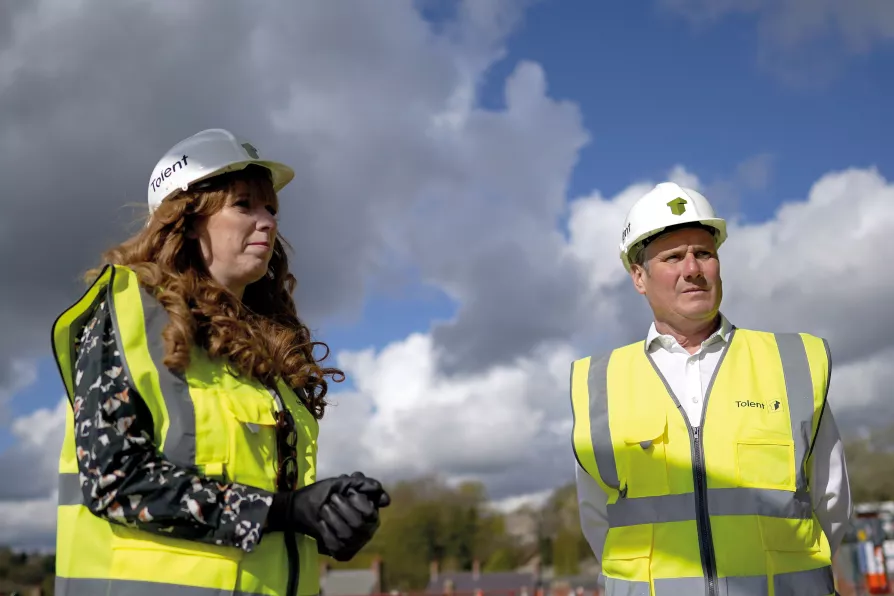RICHARD BURGON MP speaks to Ben Chacko about the Labour right’s complicity in the Mandelson scandal and the need for a total break with Starmerism if the party is to defeat Reform

 TO BUILD OR NOT TO BUILD: Angela Rayner and Keir Starmer are seemingly at odds over their personal plans for social housing
TO BUILD OR NOT TO BUILD: Angela Rayner and Keir Starmer are seemingly at odds over their personal plans for social housing
JULY saw two major new announcements on housing from the Labour Party. But the announcements, from Deputy Prime Minister Angela Rayner and the new Labour Growth Group of MPs, propose very different things.
Rayner wrote an Observer article saying Labour must deal with the housing crisis because it blights people who need decent homes. Rayner said she wanted to help “families struggling to cover soaring rents and meet mounting mortgage costs,” and “tenants paying through the nose for damp, cramped and unsafe conditions.”
Rayner promised Labour would push for “the biggest wave of social and affordable housing in a generation.”

Building is the solution for much of our housing crisis – and will also help to address poverty, ill health, and even anti-social behaviour and alienation, writes KENNY MacASKILL

GLYN ROBBINS celebrates how tenant-led campaigning forced the government to drop Pay to Stay, fixed-term tenancies and council home sell-offs under Cameron — but warns that Labour’s faith in private developers will require renewed resistance

Despite Labour’s promises to bring things ‘in-house,’ the Justice Secretary has awarded notorious outsourcing outfit Mitie a £329 million contract to run a new prison — despite its track record of abuse and neglect in its migrant facilities, reports SOLOMON HUGHES












